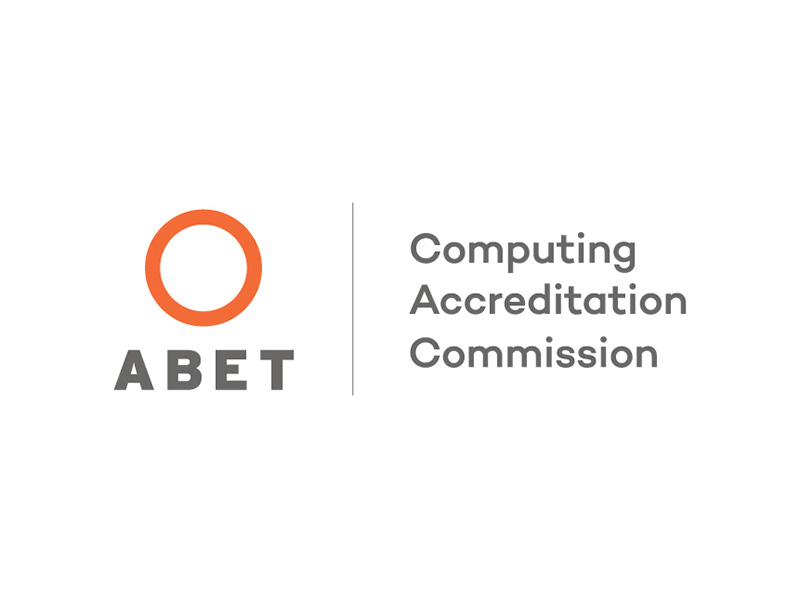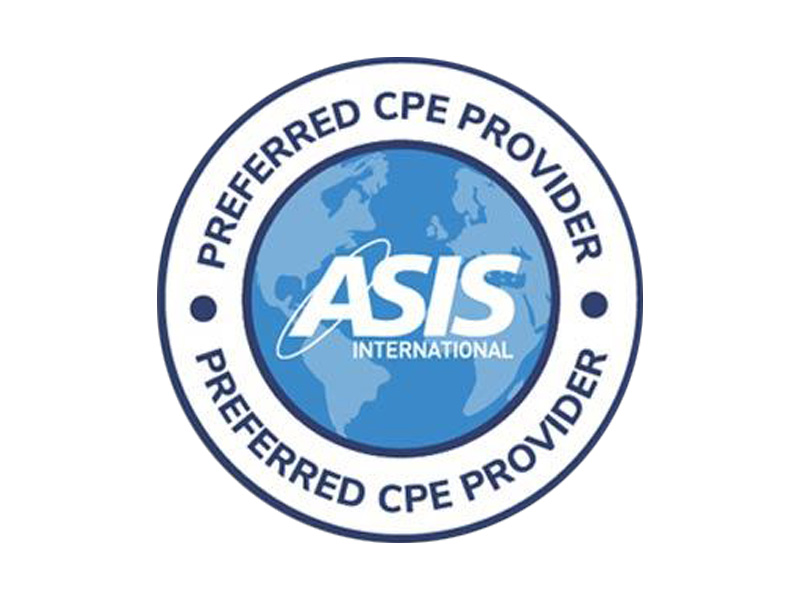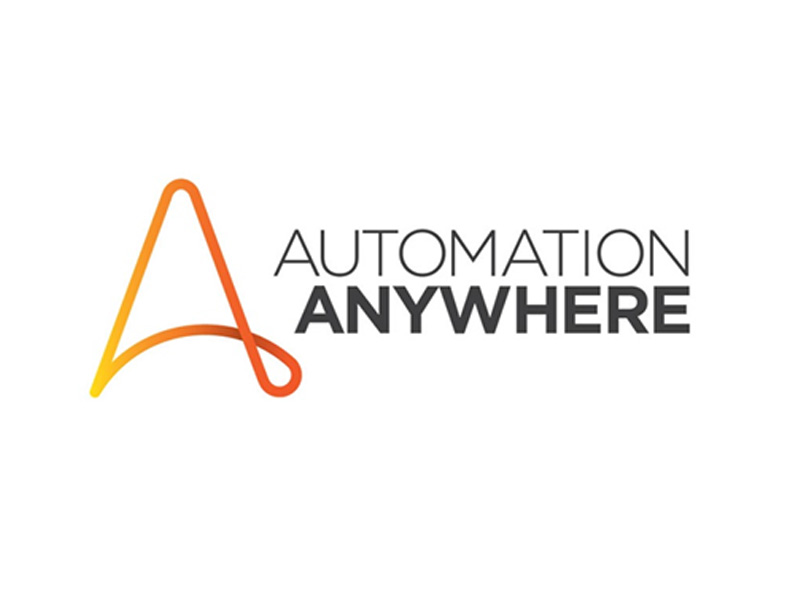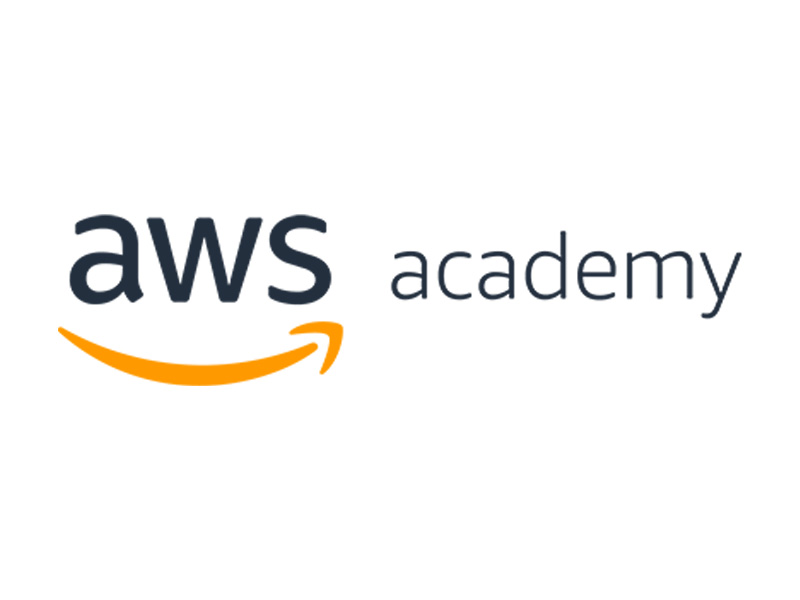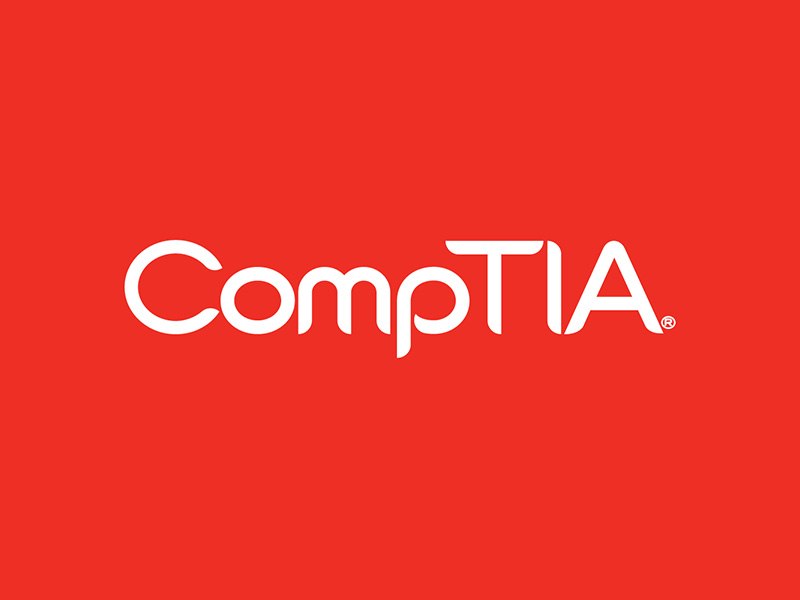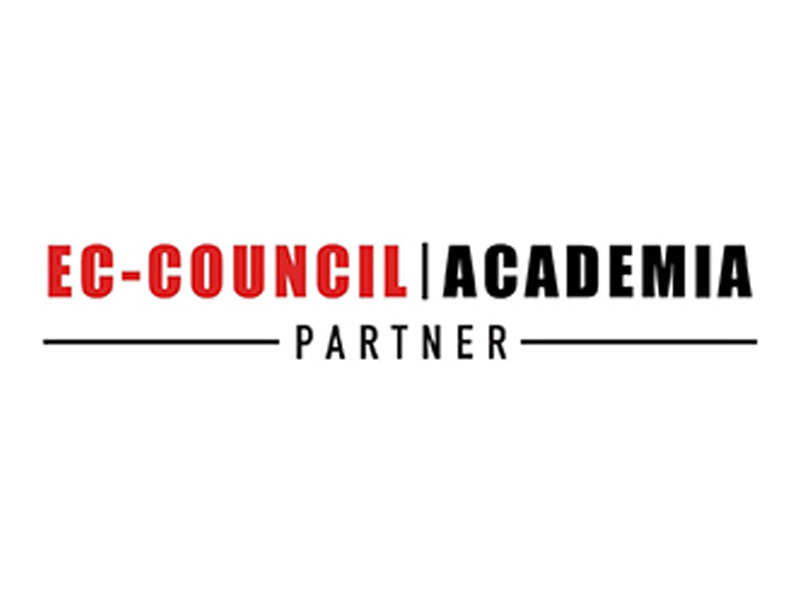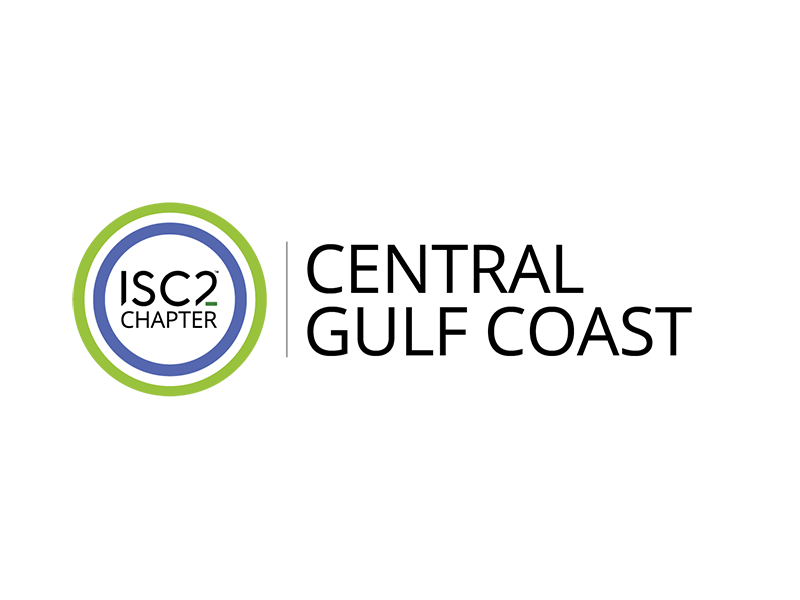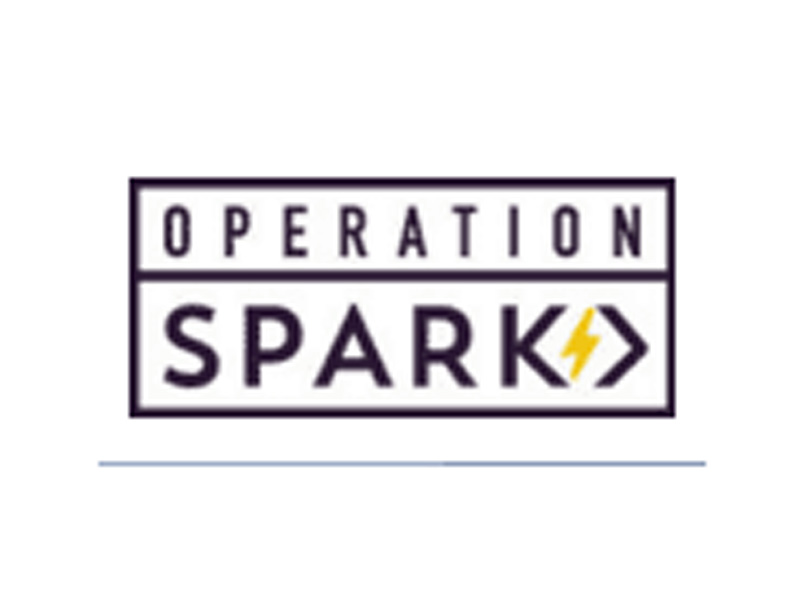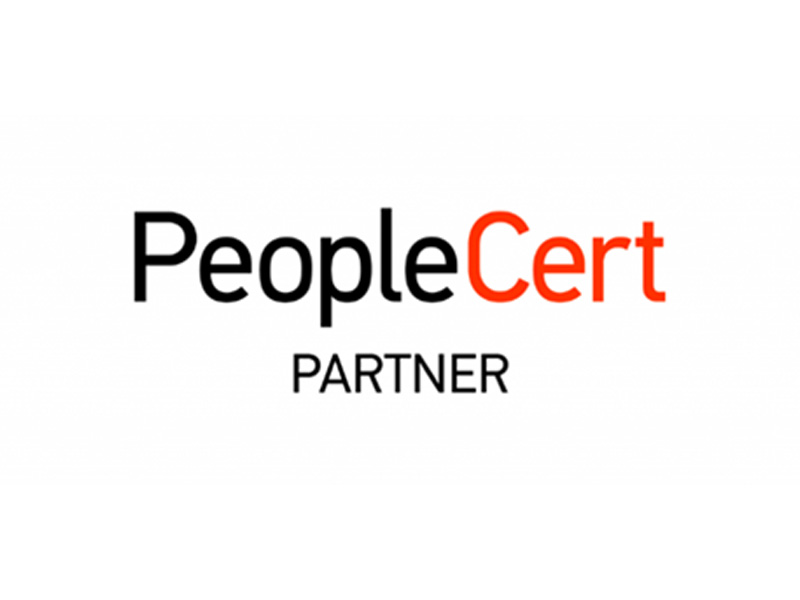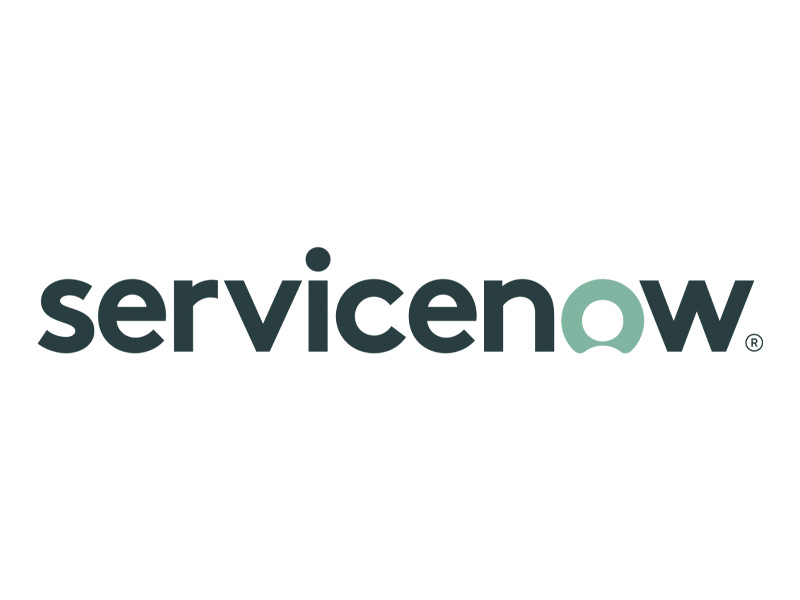Information Technology
Request Information
By submitting this form, you agree to receive information about the Tulane School of Professional Advancement’s programs via email, phone and/or text. You may opt out at any time.

Information Technology
The ABET accredited Information Technology program at the Tulane School of Professional Advancement provides a rigorous, up-to-date curriculum that prepares students for the ever-evolving landscape of the tech industry. Focused on both theoretical foundations and practical skills, the program covers key areas such as programming, network administration, cybersecurity, and technology architecture. With accreditation ensuring the program meets industry standards, graduates are well-equipped for diverse IT roles. The program often integrates hands-on projects, internships, and the latest industry tools, fostering a dynamic learning environment.
Our faculty and advisory board members enhance the program's credibility and ensures that graduates possess the expertise demanded by employers in the rapidly advancing field of Information Technology.

Affordable
Tuition

No Test
Scores

Rolling
Admission
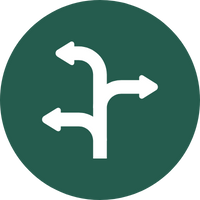
Multiple
Start Dates

Expert
Faculty
Degrees & Certificates
Online Master's Degrees
- Gain the knowledge needed to support IT security for businesses, government, and nonprofit organizations.
- 33 credit hours
- Learn more.
- Learn to address critical needs effectively by integrating technology throughout organizations.
- 30 credit hours
- Learn more.
Online and On-Campus Bachelor's Degrees
- ABET Accredited
- 120 credit hours
- Learn more.
- The Accelerated Master’s program allows you to complete your master’s degree in one year with an additional 20% tuition discount, saving you over $13,000.
- Learn more.
Graduate Certificates
- This certificate is designed for professionals with a background in information technology or cybersecurity.
- Certificate courses can be applied towards the Master of Science in Cybersecurity Management.
- Earn a certificate in just four courses.
- Learn more.
- Gain skills in IT project management, supervising cybersecurity professionals, and more.
- Certificate courses can be applied towards the Master of Science in Cybersecurity Management.
- Earn a certificate in just four courses.
- Learn more.
- Get started in the tech field with an authoritative understanding of technology best practices.
- Earn a certificate in just six courses.
- Learn more.
- Complete courses asynchronously and on your schedule.
- 100% online.
- Learn to envision, implement, secure, and leverage cloud-based data systems to drive organizational success.
- Learn more.
Bootcamp
Each semester, the Tulane SoPA Information Technology Program holds a free bootcamp on a current topic in information technology. Registration is required, and the bootcamp is not open to current Tulane students and faculty. More information may be found here.
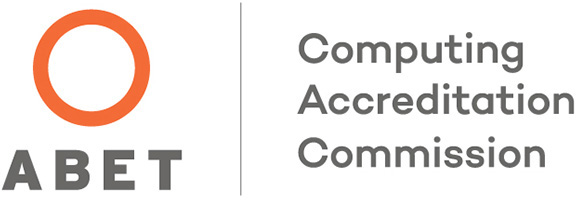
ABET Accredited
The Information Technology Bachelor’s Degree Program at Tulane SoPA is accredited by ABET, ensuring that the program meets the standards necessary to prepare graduates for critical technical fields.

SoPA Student Spotlight
“I felt that every instructor genuinely had my best interest at heart.”
Xavier Calfee
Tulane SoPA class of 2022
Faculty Who Practice What They Teach
Demand for information technology skills continue to increase, creating a competitive and ever-expanding career market for graduates. With real-world experience as industry leaders in the field, the program faculty at Tulane SoPA gives students direct access to professional networks and the most relevant information.

Tulane SoPA Faculty Feature
“I bring the real world into the classroom every night because a cyber career is not just a job—it's a mission. I'm here to equip the innovators who will build a safer tomorrow.”
Amanda Hartle
Information Technology Adjunct Instructor
CSO and CIO at Prove Identity
Industry Partnerships
Our program partners with ABET, ASIS, Automation Anywhere, AWS Academy, CompTIA, EC-Council, ISC2 Central Gulf Coast Chapter, Operation Spark, PeopleCert, and ServiceNow. View all industry partnerships here.
Engaging & Flexible Student Experience, On-Campus & Online
Choose your speciality by selecting one of many concentrations available to target your career goals.
South Balance and Course Labs are just two of the cutting edge learning methods used to give students hands-on experience.
Access resources and opportunities including Women in Tech, Cyber Competitions, IT Capstone, and the Center of Excellence.
Navigate degree requirements and prepare for the workforce with help from our academic advisors and career counselor.
Meet the Advisory Board
The Information Technology curriculum is guided by experienced faculty and a knowledgeable advisory board that helps ensure the most up-to-date and relevant skillsets are being taught to our students.
Featured Members
- Leader, IBM relationship, HCL Software
- Executive Director, Center for Digital Government
- Executive Director of Cyber Advisory : Asset & Wealth Management, JP Morgan & Co.
- Chief Executive Officer, Levelset; Tech Founder, Levelset + ClaimSpot
Facts at a Glance
Tulane SoPA accepts students on a rolling basis, year-round. Start dates every August, January, and May. We never require test scores or recommendations. Visit our Admissions Process page to learn more.
All tuition is charged by the credit hour and we have minimal fees. Visit our tuition page to see our current tuition rates and use our net price calculator.
We strive to make a Tulane SoPA education affordable for all students. Learn about financial aid, discounts and scholarship opportunities here.
Earn credit for your work experience through a portfolio assessment. Undergraduates can earn up to 24 portfolio credits. Graduate students can earn up to 6 portfolio credits.
SoPA offers career advising to all enrolled students.
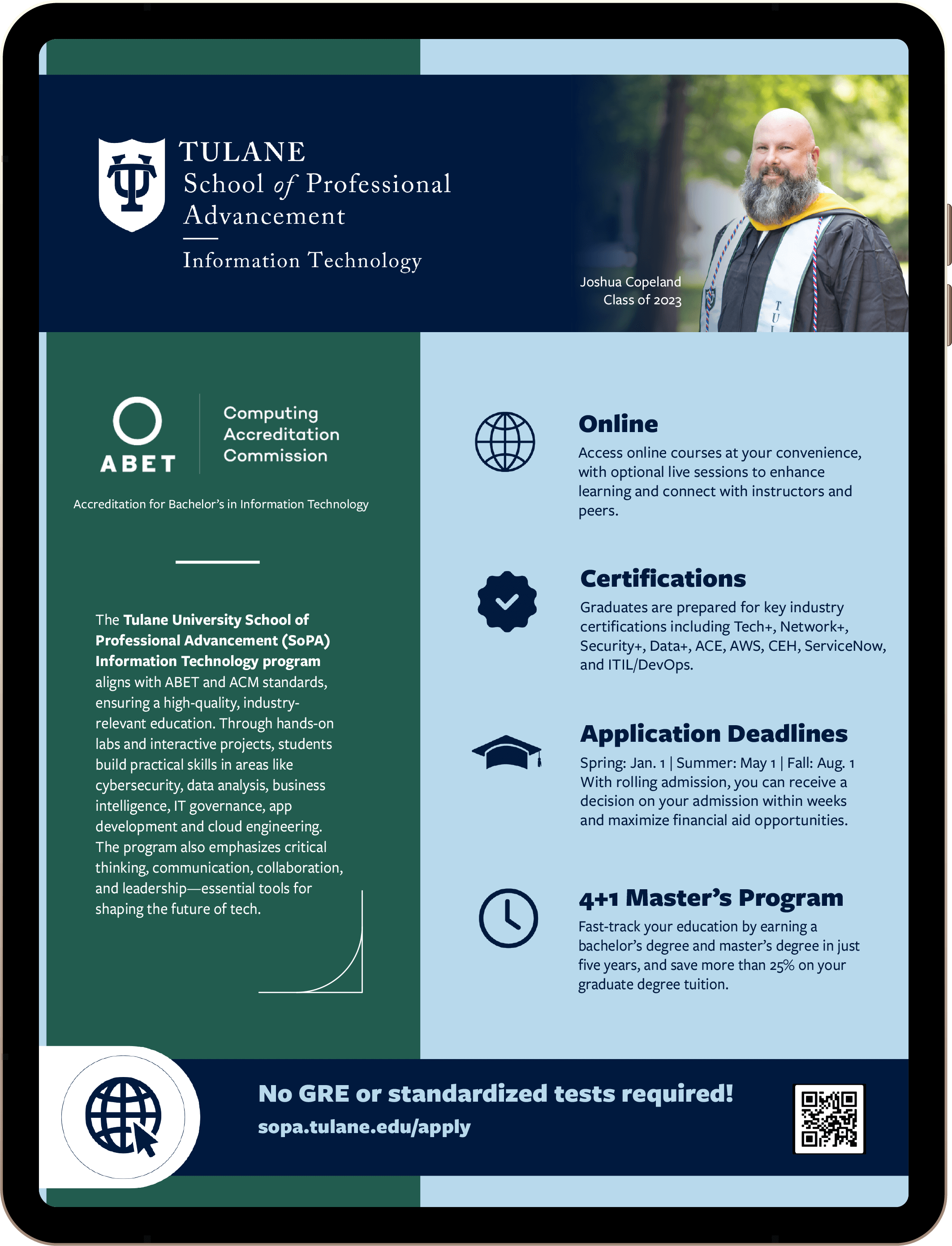
Enter your email to download our Information Technology e-brochure.
By submitting this form, you agree to receive information about the Tulane School of Professional Advancement’s programs via email, phone and/or text. You may opt out at any time.
